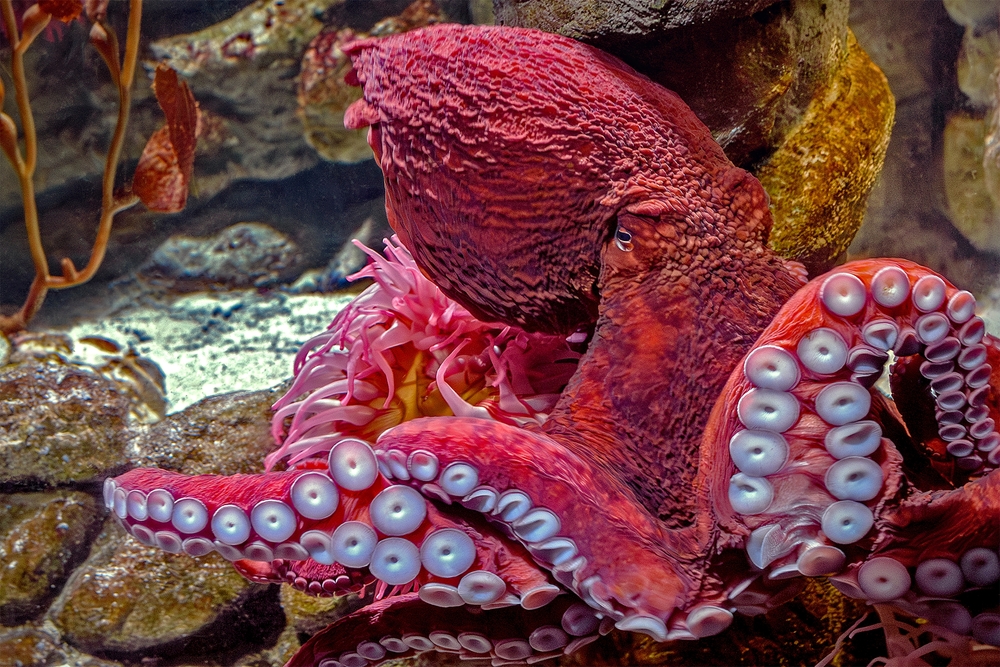Intriguing Insights into the Behavior of Octopuses as Pets
A new trend is making waves in the realm of exotic pet ownership—octopuses. These intelligent invertebrates are proving to be fascinating companions, offering a unique pet experience. This article delves into the captivating world of octopuses as pets, discussing their care needs, behavioral traits, and the implications of this emerging trend.

Octopuses: A Brief Background
While many envision octopuses as deep-sea creatures, several species can thrive in home aquariums. These include the Pacific Octopus and the Dwarf Octopus, known for their unique behaviors. Octopuses have been on Earth for nearly 300 million years, predating even dinosaurs. They are known for their intelligence and problem-solving skills. Recent studies suggest they have individual personalities, and some can even recognize human faces.
The Emergence of Octopuses in the Pet Trade
Octopuses started appearing in the pet trade in the late 20th century. Their popularity has surged in recent years due to increased interest in marine life and the challenge of keeping such an intelligent creature. Social media has also played a role, with videos of pet octopuses solving puzzles and escaping enclosures going viral.
Care and Maintenance of Octopuses
Caring for an octopus is not for the faint-hearted. They require a large, secure tank with plenty of hiding spots and mental stimulation. Their diet comprises mostly crustaceans and mollusks, often needing live prey. They are also escape artists, requiring a tightly sealed aquarium. Octopuses are also relatively short-lived, with most species living only 1-2 years.
The Economics of Owning an Octopus
Octopuses are not cheap pets. The initial set-up cost, including a suitable aquarium, can range from $1,000 to $3,000. The octopus itself can cost between $30 to $100, depending on the species. Add to this the ongoing cost of feeding and maintaining the aquarium, and it becomes a significant investment. Their emergence in the pet trade has not significantly impacted the market yet, given the niche nature of this trend.
The Ethical Implications
While owning an octopus can be fascinating, it raises ethical questions. Octopuses are intelligent, possibly sentient, beings that may not thrive in captivity. Some argue that the unique needs and behaviors of octopuses make them unsuitable as pets. There are also concerns about the impact on wild populations if the demand for pet octopuses increases.
Conclusion
Octopuses as pets offer a unique, albeit challenging, pet experience. While they are captivating and intelligent creatures, potential owners need to consider the ethical implications and the commitment involved. As with any pet, responsible ownership is key to ensuring the welfare of these remarkable creatures.




